Star Trek is an old and massive franchise, yet it has only given fans glimpses into some of the most critical moments in its universe’s history, often through the lens of the Federation. In contrast, Star Trek Infinite puts you in the seat of the ruler of one of the great factions in the Alpha Quadrant. While this lofty position allows you to watch many stories play out, it doesn’t always nail the feeling of what it means to be Star Trek, especially to those not already interested in the genre.
Star Trek Infinite is a 4X Grand Strategy game where you can play as either the Federation, the Klingons, the Romulans, or the Cardassians, as each faction vies for control of the galaxy. At least that’s what it is on the surface, as it’s a retooled version of Paradox Interactive’s Stellaris, bringing the familiar faces of Star Trek and some new gameplay features.
Key Details
- Release Date: October 12, 2023
- Platform: PC, macOS
- Price: $29.99
- Developer/Publisher: Nimble Giant Entertainment/Paradox Interactive
The Golden Era Of Star Trek In Grand Strategy Game Form
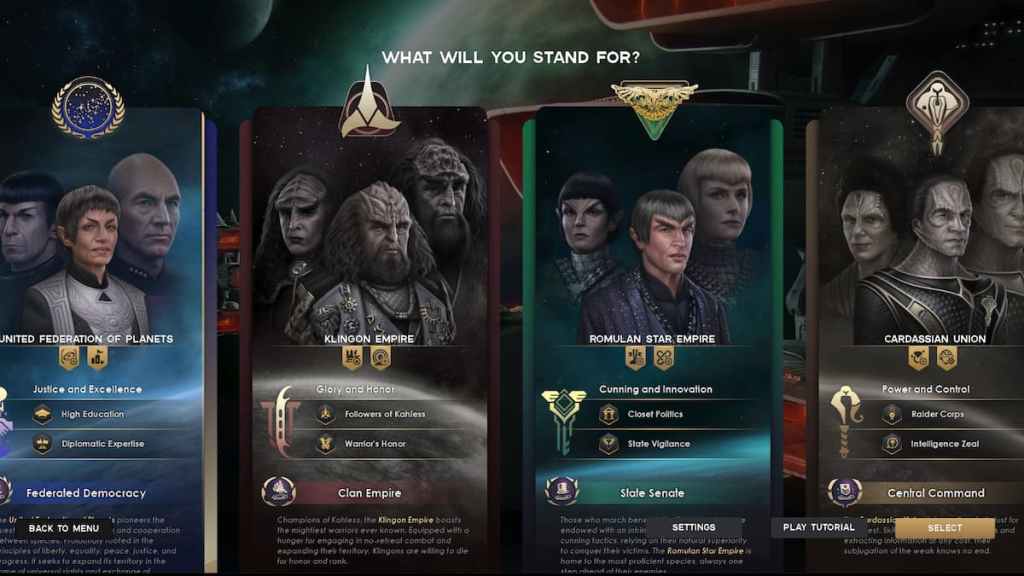
Star Trek Infinite is rooted firmly in the pre-Star Trek: Enterprise era, showing many events from Star Trek: The Next Generation, Star Trek: Deep Space Nine, and Star Trek: Voyager. The tutorial even starts with the Khitomer massacre, one of the most pivotal moments in the show’s history, with familiar characters and scenarios playing out around you.
In terms of fanservice, Star Trek Infinite has it in spades. If you loved this era of Star Trek, you’ll have the experience of seeing heroes and villains from the show battling it out with you in the driver’s seat. This is helped by the game’s Mission mechanic, giving you short and long-term goals to work towards that reflect moments from the show, such as building the Enterprise.
Star Trek Infinite also has a lot of random encounters and scenarios that can play out, while some recurring threats, like The Borg or the destruction of the Romulan homeworld, are distant problems that you can only prepare so much for. It’s just a shame that so many of these fun scenarios are dealt with via some text boxes and images, leaving much of the heavy lifting to the players’ minds. It’s here where the game’s biggest flaw comes into play, as your role is so distant from the action that it doesn’t quite feel like experiencing Star Trek stories and is more like reading their descriptions on a Wiki.
But How Does Star Trek Infinite Play?
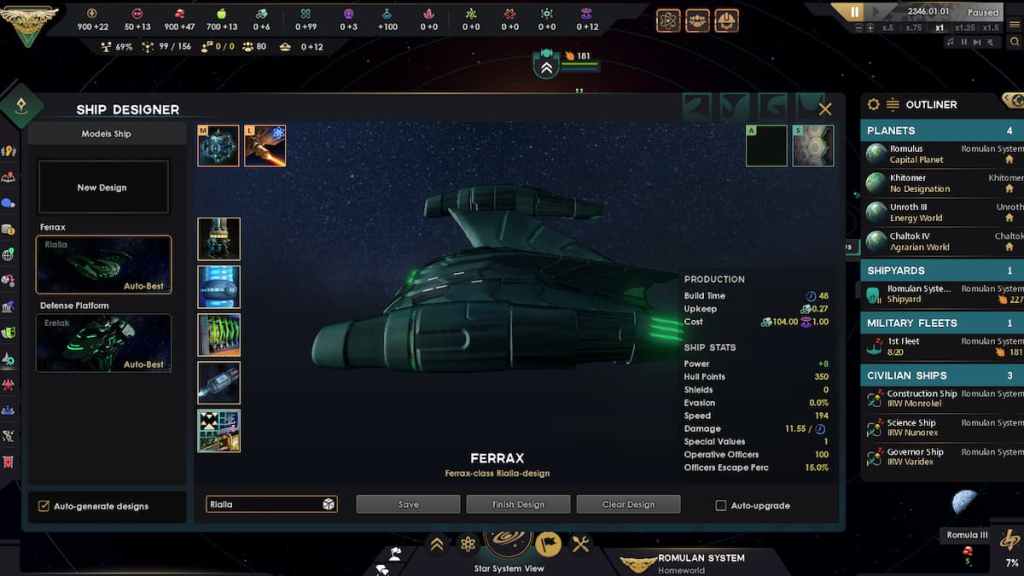
If you played Stellaris, then you’ll already have an idea of how Star Trek Infinite works. The game occurs on a giant galaxy map, which can be zoomed in to view specific systems where planets, ships, and stations can interact. You’re free to pause or speed up the action at any time, and you’ll be doing a lot of the former, as there is an absolute ton of things to keep up with.
You have numerous resource stats to track, your mission objectives, diplomatic relations with other races, research trees with scientists working hard to bring them to life, exploring new galaxies, encountering unaligned species, modifying ship designs, outfitting stations, and managing buildings on planets. If it sounds like a lot, that’s because it is and is not even covering everything.
The problematic part about recommending a Grand Strategy game, even one by Paradox Interactive (probably the biggest name in the genre), is that learning one is a mammoth task, one which Star Trek Infinite’s tutorial is woefully underprepared for. If you’re coming into the game solely as a Star Trek fan, then this knowledge alone might be enough to turn you off, as there is a lot to keep track of, and random events can force you to change your strategy on the fly. If you’re coming into Star Trek Infinite, you better be prepared to jump in with both feet. Otherwise, you’ll drown in the numbers.
One aspect of the gameplay in which Star Trek Infinite excels is making the factions feel both distinct and close to the source material. The Federation is all about exploring and building their influence by bringing allies into the fold (all Prime Directive approved, of course); the Klingons excel at warfare, building their empire through bloodshed; the Romulans are the masters of subterfuge, preferring to destroy their enemy from within; and the Cardassians are all about subjugation and bleeding their resources. Each method is valid, and while some are harder for newcomers than others (looking at you, Romulans), they each evoke the show.
Beholding The Universe Of Star Trek Infinite
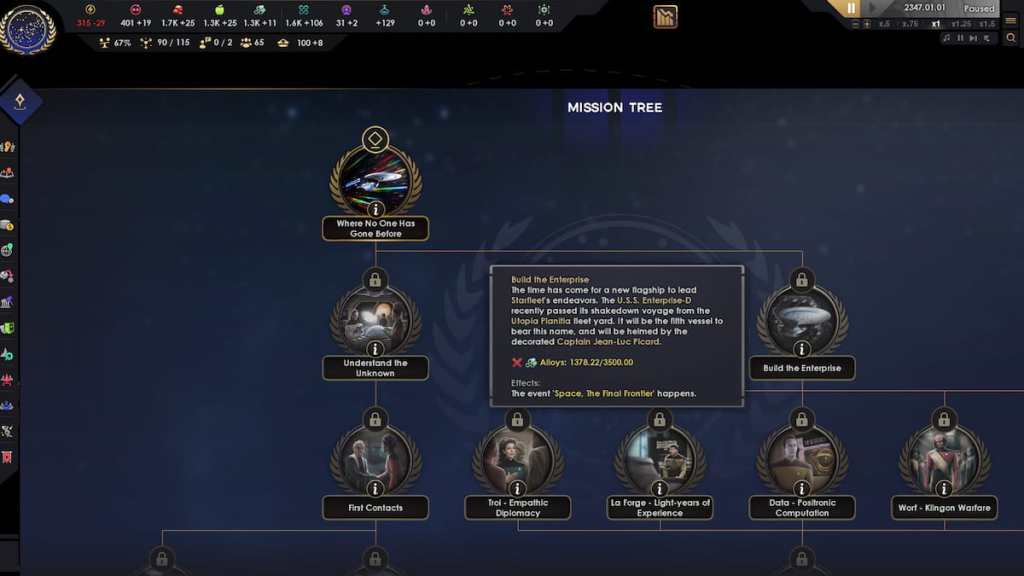
Those expecting a graphical showcase in Star Trek Infinite aren’t familiar with the genre, as you’ll be spending your time staring at maps, charts, and numbers. The character artwork in the game is decent enough when it shows up, but the UI is another matter, as it’s eye-bleedingly small in specific resolutions, and a mod that improves it needs to hurry up and get here.
The presentation can feel barebones, and there’s definitely a feeling that the game is a work in progress. Paradox Interactive is well-known for its heavy post-launch DLC support, and Star Trek Infinite feels like it’s ready for a ton of content in the future (where the hell are my Ferengi faction?), so the game could receive a visual bump in the future if you’re willing to wait that long.
The Verdict
Star Trek Infinite is a challenging game to recommend. Grand Strategy games on their own do appeal to a certain mindset, and a Star Trek coat of paint isn’t going to make someone like Stellaris if they didn’t enjoy the gameplay before. A Star Trek fan might be more willing to try the game to sit in the big seat and have the feeling of running the Federation and the Klingon Empire. Star Trek Infinite will reward you with incredible depth and replayability if you stick around long enough to learn its intricacies. You need to meet Star Trek Infinite at its own level, and if you’re unwilling to learn all of its systems, then this might not be the game for you.
- Captures the feeling of running of one of the intergalactic<em> Star Trek</em> factions
- There is an incredible amount of depth in nearly every aspect of empire-building
- Factions feel distinct and offer a variety of ways to win the game
- It doesn’t fully capture the spirit of the source material

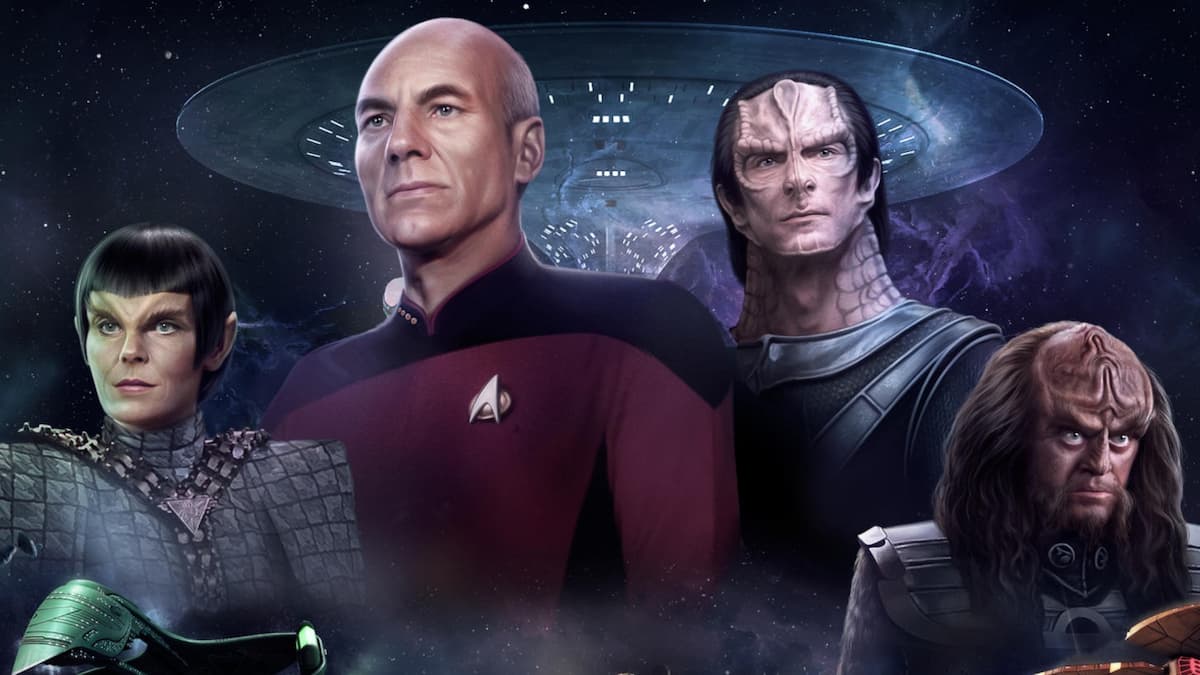
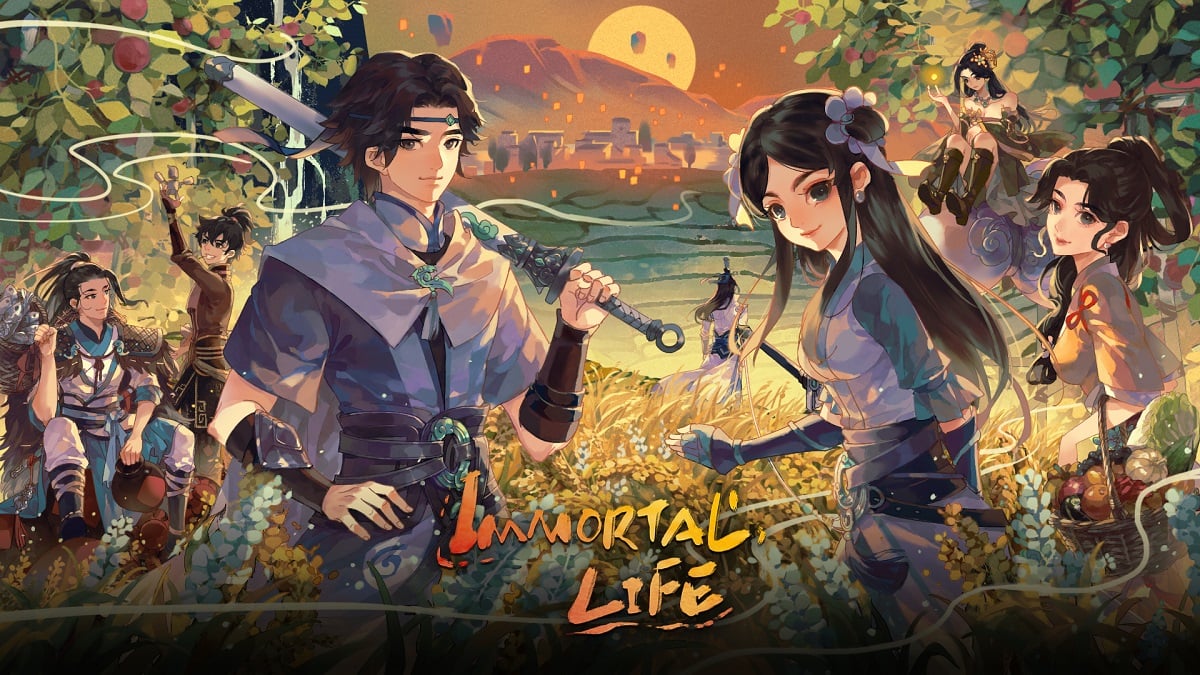
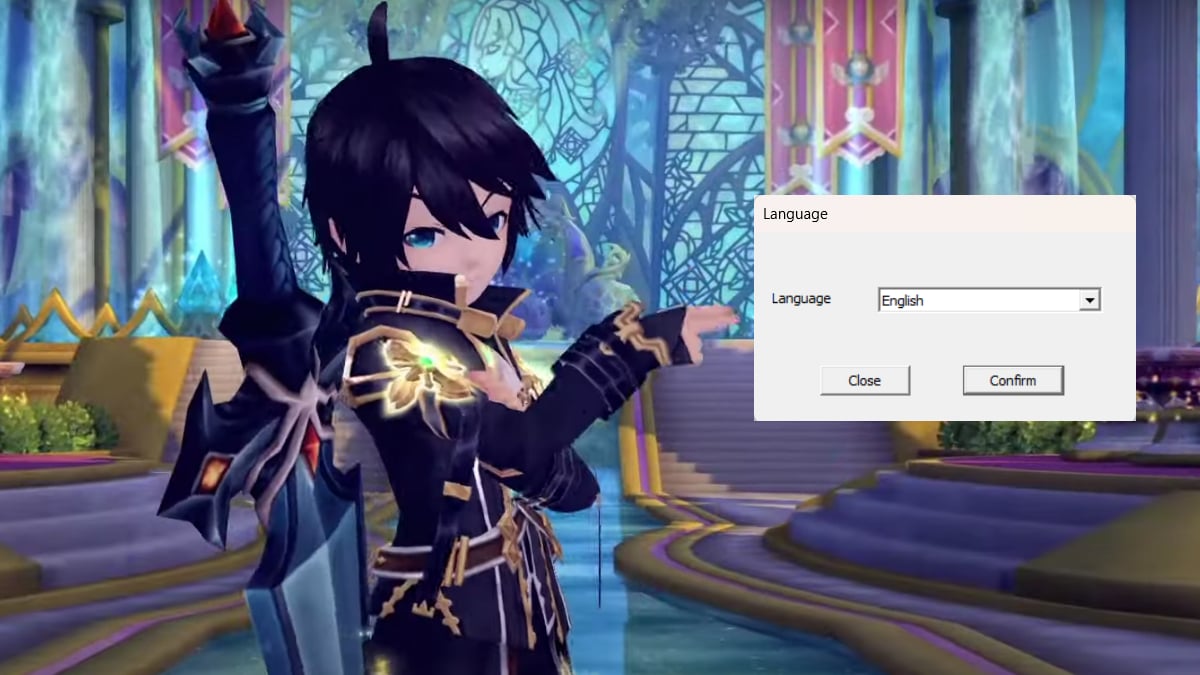
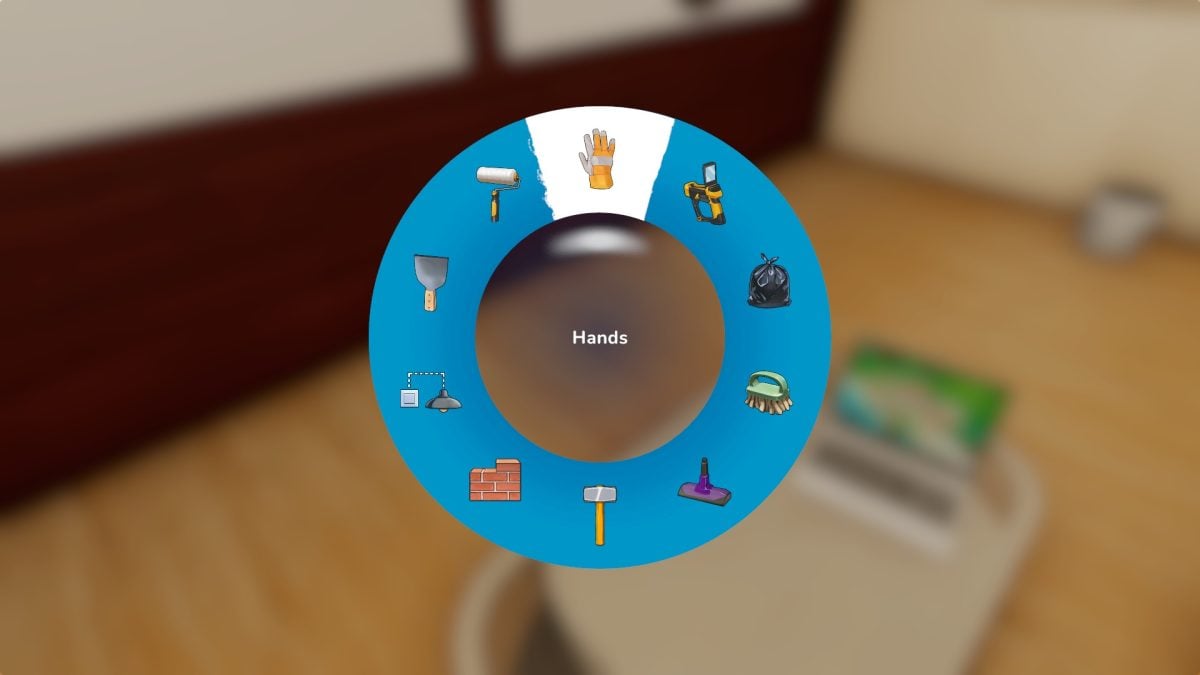
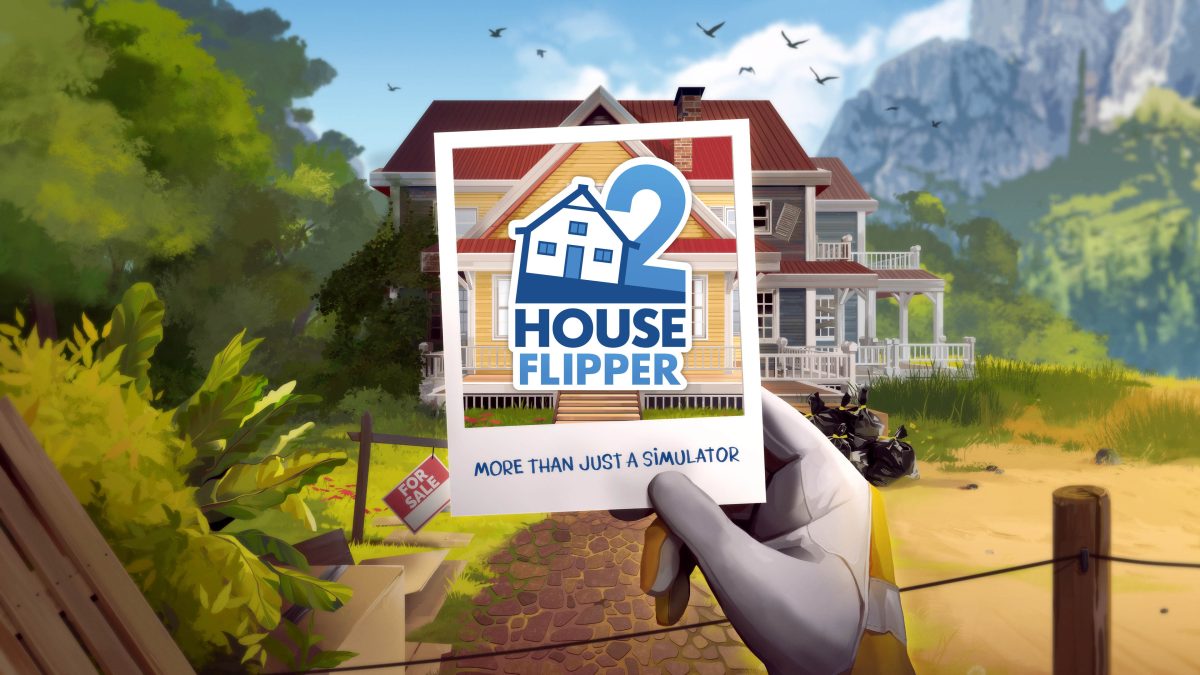
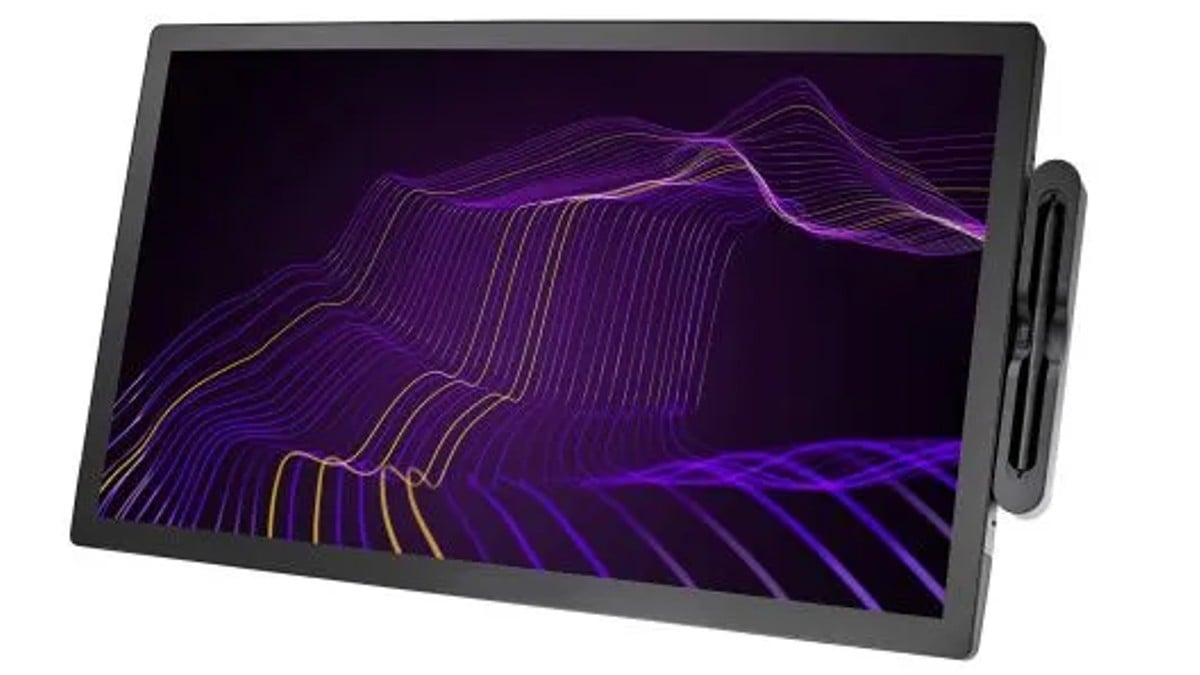
Published: Oct 17, 2023 11:43 am